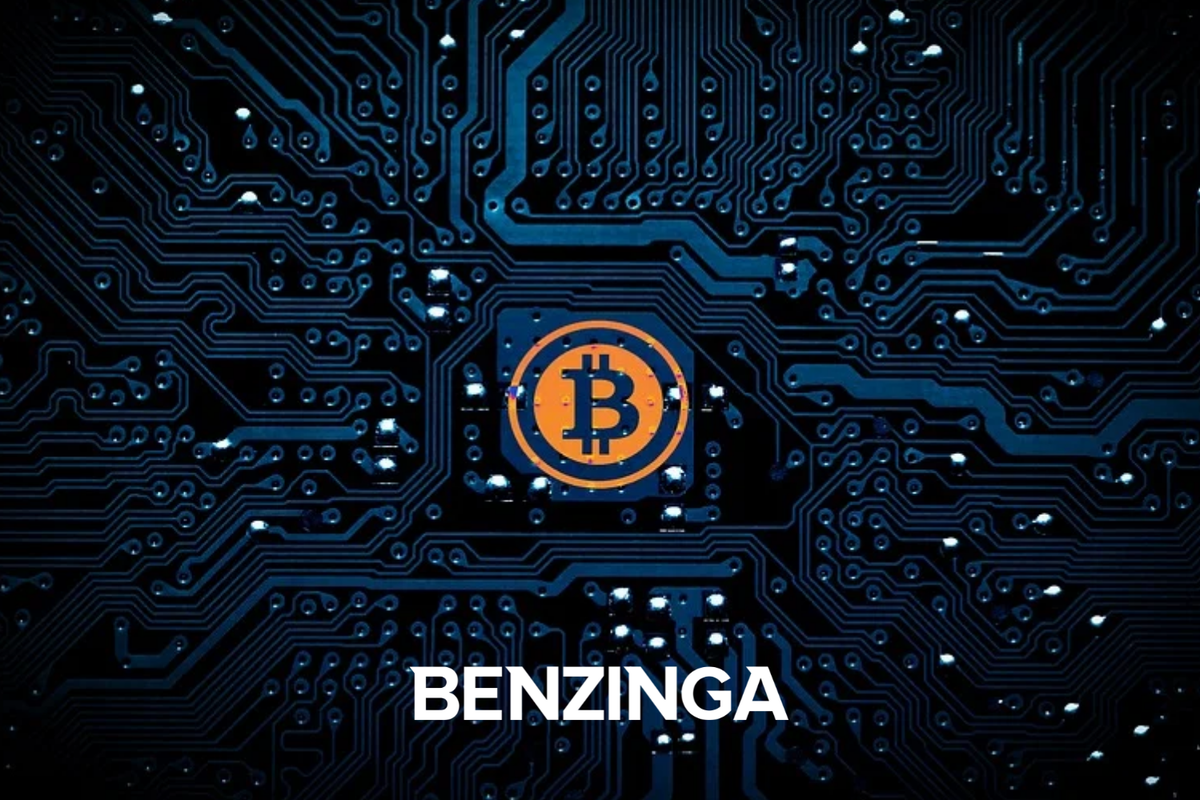[ad_1]
Amongst the uncertainty surrounding the current macro-economic environment (hence impacting the crypto market) we received some positive macro news last week – supply chain issues might finally be resolved!
Global supply chain disruptions have been a key contributor to persistently high inflation, because of the COVID pandemic. There are two key barometers that show the extent to which supply chains are being disrupted – the percentage of respondents in the ISM report showing slower supplier delivery times and global shipping prices.
Last week, it was reported that 19.6% of respondents in the ISM report showed slower supplier delivery times, which is a significant breakdown from the drastic levels of 70-80% which we experienced throughout the pandemic.
The fact that this indicator has fallen to normalized levels is promising and suggests that the transitory supply chain-driven inflation that has accumulated over the past 18-24 months has now been eradicated. Therefore, we should see goods pricing in inflation reports start to tick down over the coming months.
However, this does not mean that the Federal Reserve’s job is done, and they will pivot soon, as inflation is still high when it comes to service inflation. We know there is high demand in the labor market, due to Friday’s report showing U.S. job openings per unemployed worker being 2.5 standard deviations above its pre-pandemic trend.
In summary, the Federal Reserve still has a lot of work to do. Still, the data regarding supply chain disruptions potentially being resolved provides some optimism for long-term investors in the current climate. I think next week’s U.S. CPI report on September 13th will be a critical event for Bitcoin BTC/USD , alts and stocks, and signal just how much work the Federal Reserve has got left.
[ad_2]
Image and article originally from www.benzinga.com. Read the original article here.

